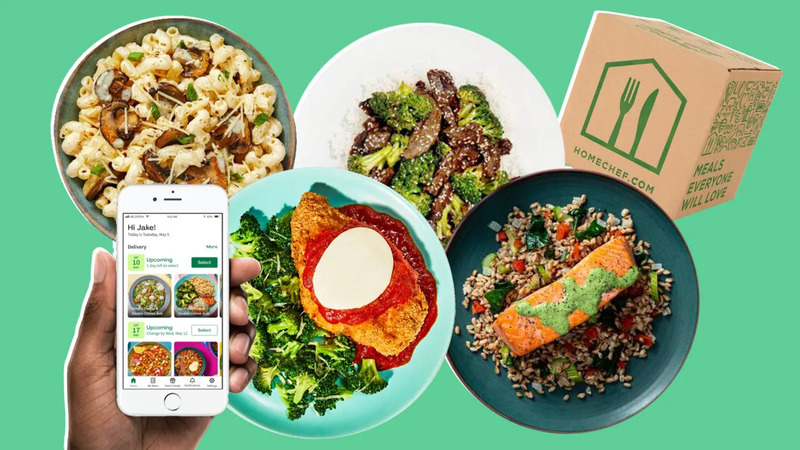
The global market for rheumatoid arthritis treatments is expected to grow at a CAGR of...
Learn More
Our consulting solutions address company specific challenges with respect to micro environment...
Learn More
Organizations frequently need day-today research guidancein order to gain strategic...
Learn More
Exploring different areas of market research and market analysis is a key factor...
Learn MoreAcute Market Reports presents the most extensive global business research services across industries. Our research studies focus on potential outcomes, benefits, and risks associated with each market segment across geographies. Having served our global clients for more than 10 years, our prime priority is to enable our clients in making well-informed business decisions through a data-driven, analytical, and uncomplicated research approach.
We provide access to the world's most comprehensive, analytical, and updated business intelligence services and solutions.




The meal kit delivery services market is expected to grow at a CAGR of 15.5% during the forecast period of 2025 to 2033. Meal kit delivery services offer pre-portioned ingredients and recipes delivered directly to consumers' doorsteps, eliminating th...
Read More
The palliative care market plays a pivotal role in providing compassionate and comprehensive care to individuals facing serious illnesses. The palliative care market is expected to grow at a CAGR of 10% during the forecast period of 2025 to 2033. Com...
Read More
The snowmobile market is expected to grow at a CAGR of 4.5% during the forecast period of 2025 to 2033, with snowmobiles emerging as popular recreational vehicles for winter travel over snow-covered terrain. Enthusiasts engaged in winter sports and o...
Read More




